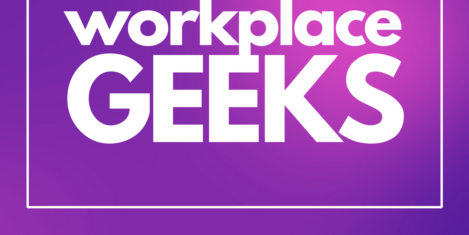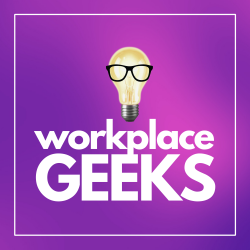To provide the best experiences, we use technologies like cookies to store and/or access device information. Consenting to these technologies will allow us to process data such as browsing behaviour or unique IDs on this site. Not consenting or withdrawing consent, may adversely affect certain features and functions.
The technical storage or access is strictly necessary for the legitimate purpose of enabling the use of a specific service explicitly requested by the subscriber or user, or for the sole purpose of carrying out the transmission of a communication over an electronic communications network.
The technical storage or access is necessary for the legitimate purpose of storing preferences that are not requested by the subscriber or user.
The technical storage or access that is used exclusively for statistical purposes.
The technical storage or access that is used exclusively for anonymous statistical purposes. Without a subpoena, voluntary compliance on the part of your Internet Service Provider, or additional records from a third party, information stored or retrieved for this purpose alone cannot usually be used to identify you.
The technical storage or access is required to create user profiles to send advertising, or to track the user on a website or across several websites for similar marketing purposes.
 A large proportion of workers (86 percent) feel they have too much work to be able to move during the working day, with chronic stress and anxiety becoming increasingly prevalent, according to a new report [registration] by Magic Mountain, supported by CIMSPA (The Chartered Institute for the Management of Sport and Physical Activity). Despite growing health issues linked with consistently spending too much time seated, the report claims that over half of workers remain sedentary for eight hours or more during the working day alone. More →
A large proportion of workers (86 percent) feel they have too much work to be able to move during the working day, with chronic stress and anxiety becoming increasingly prevalent, according to a new report [registration] by Magic Mountain, supported by CIMSPA (The Chartered Institute for the Management of Sport and Physical Activity). Despite growing health issues linked with consistently spending too much time seated, the report claims that over half of workers remain sedentary for eight hours or more during the working day alone. More →
































August 5, 2022
The four day week might be the wellbeing solution workers need
by Mark Hall • Comment, Flexible working, Wellbeing